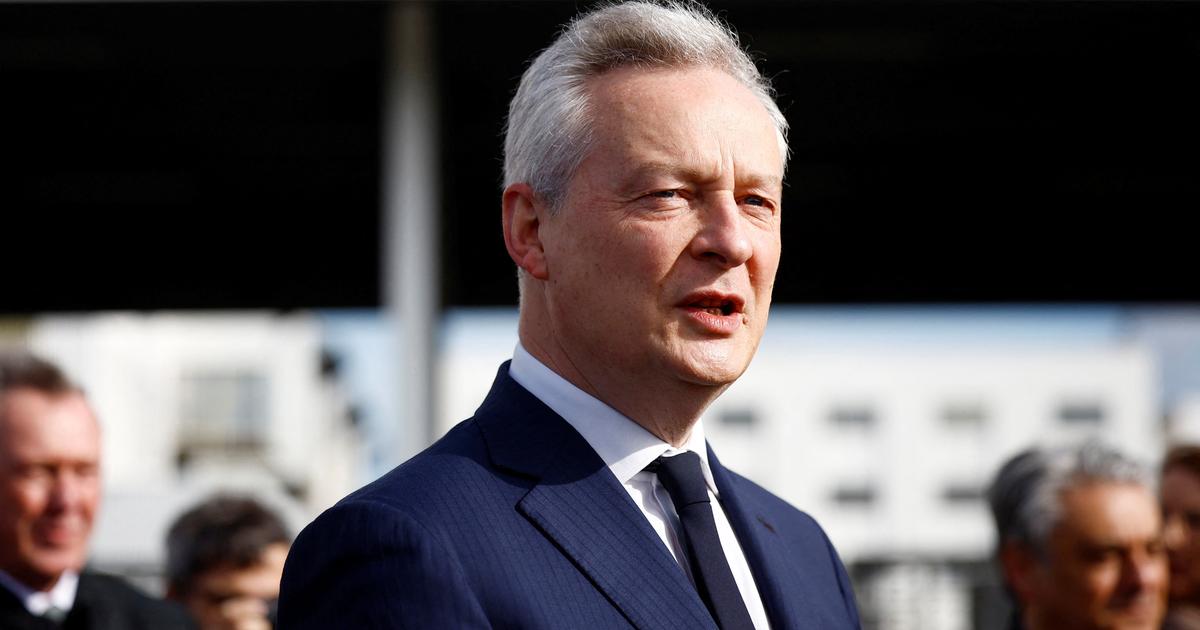A ship with containers, docking in the port of Antwerp (Belgium) .OLIVIER HOSLET / EFE
Multeralism yes, but as far as possible.
Brussels has laid out its trade policy strategy to rearm itself in the face of fierce competition from the US and China and to deploy its climate and digital agenda.
After the geopolitical tensions of recent years, the European Commission intends to be more “assertive” with a road map - to which EL PAÍS has had access to a draft - that includes new measures to resort to in case of having to retaliate against "Coercive actions".
The EU wants to assert its status as a great global trading power to be able to set the rules that govern international trade in the coming years.
Especially after the geopolitical tensions caused by Donald Trump's protectionist barrage and the bad arts that Brussels has lamented from Beijing.
And above all, because the EU sees how it can be overshadowed by other countries, including those two giants, who come out of the pandemic by stepping on the accelerator.
"Already in 2024, 85% of world economic growth is expected to come from outside the EU," says the community document.
The arrival of Joe Biden at the head of the White House is a relief in Brussels.
But the "growing unilateralism" of recent years has made Brussels look for instruments to ultimately be able to act autonomously.
“To defend ourselves when other parties are breaking the rules, the EU will take steps to be tougher and more assertive.
We will strengthen the tools at our disposal to defend our rights and values, and protect ourselves from unfair commercial practices ”, the Vice President of the Commission and Head of Trade, Valdis Dombrovskis, told this newspaper.
The new strategy also tries to calm the spirits of several EU partners, among whom are increasingly suspicious of trade agreements.
These reluctance not only come from France or Belgium, but also from Austria or the Netherlands, the natural successor of the United Kingdom in carrying the flag of free trade.
The Dutch Parliament rejected the Mercosur treaty last summer after its government pressured Brussels to close it.
And, later, The Hague signed a document with Paris for the EU to demand that its partners comply with climate and labor commitments to avoid any unfair competition.
The pandemic has only accentuated those fears.
The Commission's strategy, even so, does not go as far as France asks, which has been advocating a certain relocation of some activities in Europe.
Brussels admits that the pandemic exposed several "vulnerabilities", but believes that supply chains have demonstrated "remarkable resilience".
Cooperation and defense
The Commission's strategy is based on a dual approach, one of cooperation and defense.
The arrival of Biden should serve, according to the document, to resume the transatlantic relationship and reform the World Trade Organization (WTO), which was blocked in the
Trump era
;
seek a global regulatory framework for digital commerce or create a joint US-EU council on technology.
The trade wars of the last five years and the barriers that European companies face in Asia, however, impose the creation of a shield.
Brussels wants to have at its disposal instruments that allow it to retaliate in the event that a partner breaches its commitments or has to defend its firms abroad.
The EU intends, among other measures, to carry out in-depth audits of supply chains, for example, to ensure that none of their links takes place "forced labor", alluding to China.
It also wants to use the mechanism it is deploying to analyze all foreign investments in strategic assets and, if necessary, block them.
And it puts pressure on countries to put in place a mechanism to veto public tenders from companies from third countries that prevent the entry of European firms.
In addition, the document indicates that export credits will be studied and announces two new “legal instruments”, one so that the EU can protect itself from coercive actions and the other to stop the distortions created by subsidized companies in Europe.
Relations with Africa and the Balkans
One of the axes of the new strategy in the trade agreements is the EU's relationship with its neighbors in the Western Balkans and Africa, since it considers that their “stability and prosperity” is in the economic interest of the EU.
According to the draft, a network of trade agreements with these countries will not only accelerate their development, but "will also help address the roots of irregular migration."
The EU, therefore, advocates strengthening political dialogue with the African Union and deepening existing treaties and exploring possible investment agreements.
In the case of the Balkans, the EU is committed to focusing on regulatory cooperation to support “green and digital” transitions.

/cloudfront-eu-central-1.images.arcpublishing.com/prisa/MUYCXIX6M3SZBJXCVYE3VF6J74.jpg)




